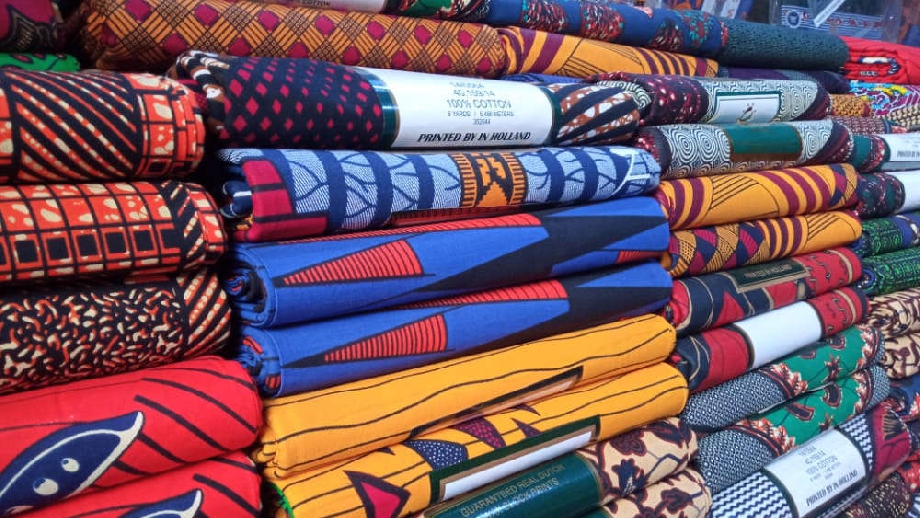In a recent paper presented titled, ‘The Role of Government in Resuscitating the Cotton Sub-Sector in the Nigerian Economy: Update, Challenges and Prospects’, a don, Prof. Samuel Oloruntoba has observed that the cotton used to be the second largest employer of labour boasting over 170 textile mills and 52 ginneries with an investment value in excess of $2 billion.
He, however, lamented that “Due to several external and internal factors, this sub-sector lost its place in the 1980s with most of the textile mills shut down and several ginneries closed down.
Today, only about 22 ginneries are working and operating below 30 per cent of their installed capacities. Millions lost their jobs and cotton farmers shifted to other crops”, he stated.
Oloruntoba further advocated the setting up of a high-powered committee within the Presidency to include all stakeholders to come up with a workable, implementable road map for the resuscitation of the sector within five years.
The Executive Director of the Institute of Agricultural Research, IAR/ABU, Zaria, urged the Federal Government to improve the national cotton product utilisation internally and grant further stimulus by shelving undue external distraction.
Prof. Yusuf said, “In order to enhance the quality research and output in cotton production, the institute has purchased modern equipment such as Fibro Graph, Torsion Balance and Comb Sorter for measuring fibre length and strength.
“The institute’s effort is also geared towards raising the level of cotton generic recombination through increased hybridisation and selection. Additionally, deliberate effort is also being made to bring the institute closer to industry players, cotton seed companies, lint utilisers, textile mills, and environment-related issues to support cotton production and utilisation”, he stated.
The executive director stated that currently, the institute is collaborating with an Indian firm, Mahyco, Seed Work Ptv, and Fiyah Global Concept in the evaluation of more BT cotton hybrids for registration and release in Nigeria very soon. It would be recalled that stakeholders had lauded Federal Government’s effort at revamping the cotton and textile manufacturing industry, which would require research, regulatory, energy and cost-reduction interventions.

The Manufacturers Association of Nigeria and the Nigerian Textile Manufacturers Association had said they were working with the office of the Vice President to “unearth a fresh way around the reason for the non-revival of the Industry”. Shettima had urged stakeholders to develop a roadmap for revitalising the cotton and textile sector in Nigeria.
The Vice President made the call against the backdrop of the Federal Government’s collaboration with the International Cotton Advisory Committee to commence the resuscitation of the country’s moribund cotton industry.
The Director-General of MAN, Segun Ajayi-Kadir, said it was a positive development to hear the Vice President stressing the importance of cotton and textile industry.
Ajayi-Kadir said the industry represents one of the areas where Nigeria has natural and competitive advantage, if the right things are done. He urged the Federal Government to incentivise local cotton growers to have a stock of materials, and grant factory owners access to credit due to the sector’s capital intensity, noting that there were regulatory concerns as well as power concerns.
For the Director-General of the Nigerian Textile Manufacturers Association, Hamma Kwajaffa, the textile industry had become a ghost itself. Kwajaffa informed that he was working with the Vice President’s office to find a fresh way around the challenges hurting the industry, just as the Director-General of the Lagos Chamber of Commerce and Industry (LCCI), Dr. Chinyere Almona, revealed that a revitalised textile sector would harness job creation, revenue generation, and more choices for consumers.
Almona charged the Federal Government to stop the importation of foreign-produced textiles, the moment Nigeria is able to produce enough to provide for its local textile needs, and protect the local textile industry, adding that the cotton and textile industry deserve special intervention to reduce the heavy burden of production cost on players and stakeholders.


3 Comments
The Cotton sub-sector really needs to come alive again because it is the heart of the textile industry
The cotton industry is also a major export industry, if well supported will provide good foreign exchange for the country
We producing locally as a country is something we need to revive.
Textiles should be made in our country